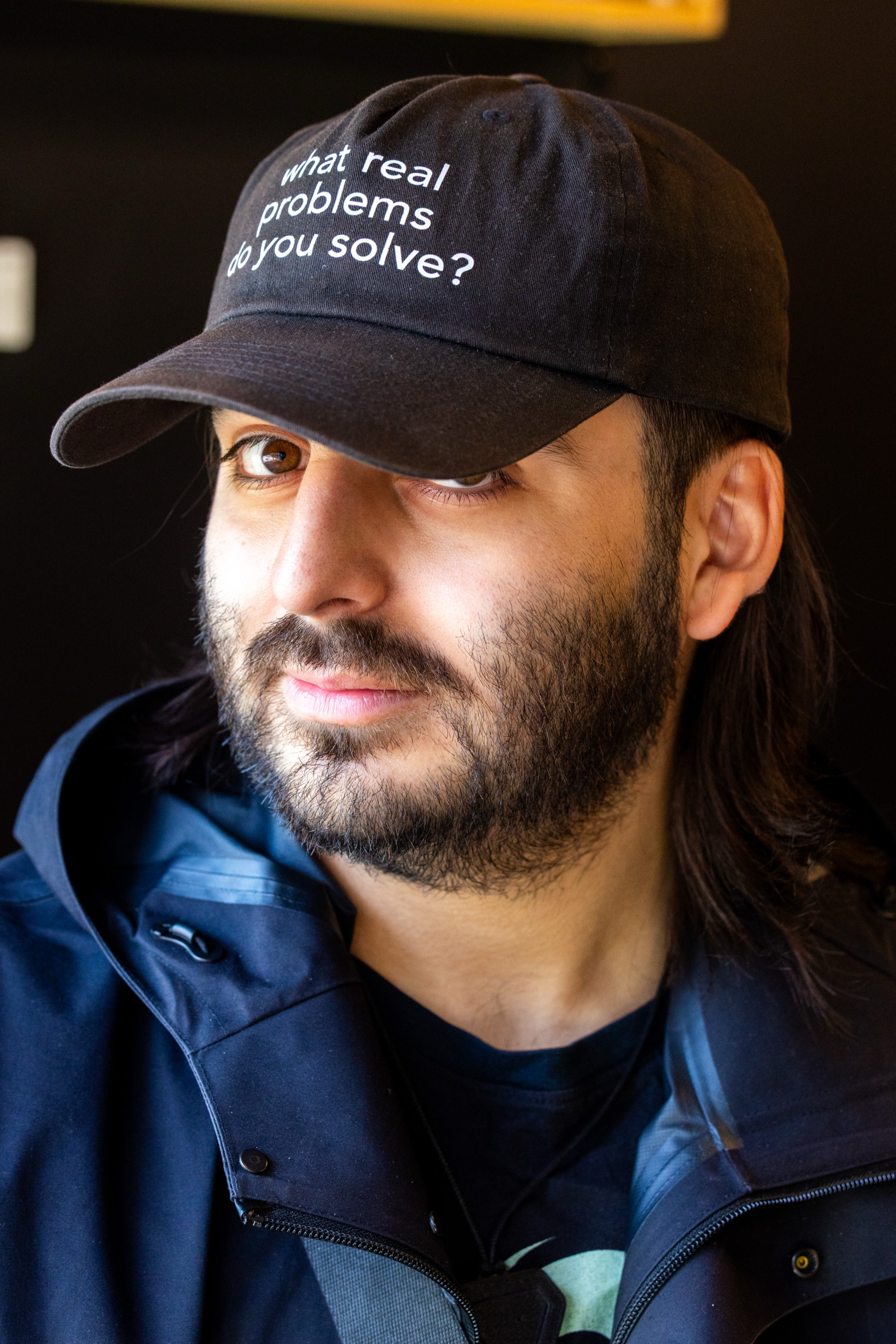René Turcios: The Unlikely Innovator Revolutionizing Software Competitions with AI Techniques

San Francisco’s Coding Phenomenon: How René Turcios Rewrote the Rules of Tech Competitions
The Rise of an Unlikely Contender
In the heart of San Francisco’s bustling tech scene, one individual has upended expectations and redefined what it means to excel in software competitions. René Turcios, 29, has achieved what few could even imagine: over 200 tournament wins at a rapid-fire pace, starting from 2023. His journey is notable not just for the sheer volume of his achievements but for the unconventional route he has taken—Turcios does not possess traditional programming abilities. Instead, he has leveraged conversational artificial intelligence, specifically ChatGPT, to propel himself to victory at every major gathering of IT innovators in the city.
His reputation has grown to legendary status among both participants and observers. What began as skepticism from veteran developers and prestigious degree-holders quickly gave way to curiosity and, eventually, respect. Turcios’s secret is not in lines of code crafted by hand, but in his ability to describe problems and strategic solutions in natural language—allowing AI to generate code, debug, and even iterate feature sets on the fly. This skillful orchestration earned him the moniker among peers as the “original vibe coder,” referencing a style that predates and now dominates hackathons.
The ‘Vibe Coding’ Revolution and New Programming Paradigms
Turcios’s approach embodies a new philosophy in technology: the art of AI-assisted software creation. Often called “vibe coding” or “webcoding,” this methodology relies on articulating ideas, requirements, and user stories directly to advanced chatbots trained on codebases and developer best practices. The chatbot then translates these high-level specifications into executable applications. Notably, “vibe coding” has seen skyrocketing adoption, with tech giants and agile teams increasingly mandating or encouraging AI copilots for daily development tasks.
While many traditionalists initially viewed this practice with skepticism, Turcios’s string of tournament wins forced a shift in perception. Rather than rote memorization of syntax or building every module from scratch, the emphasis is placed on problem-solving, creativity, and precise communication with powerful language models. This ability to “think in products,” rather than code, is now seen as an essential skill for the era of generative AI.
Pivotal Victories and Industry Impact
Critical milestones in Turcios’s journey include his first major placement at the AGI House mansion in Hillsborough, where he astonished onlookers by taking second at his debut event—without direct programming knowledge. Soon after, he made headlines by rapidly iterating on user feedback at subsequent tournaments, demonstrating that AI-powered workflows could match, and often exceed, the productivity of seasoned engineers. Turcios’s continued dominance became so pronounced that former skeptics began adopting the same strategies, irrevocably changing the competitive landscape.
His streak is not just a personal triumph but a showcase of how the democratization of software tools can open opportunities to new segments of talent. By championing accessibility and focusing on the orchestration of AI resources, Turcios highlights a seismic shift from the exclusive world of code-centric gatekeeping to an inclusive, creativity-driven model. Hackathons—once judged on manual prowess—have become an arena for innovation strategists, communicators, and AI facilitators.
Beyond Competitions: Building a Future with AI
With his name now synonymous with innovation, Turcios has set his sights on broader ambitions. He is currently building a next-generation startup powered by advanced machine learning, aiming to automate complex business processes and empower clients to harness neural networks for competitive advantage. The venture is focused on making AI more approachable and actionable for organizations of all sizes, continuing his mission of reducing friction between human ideas and technical implementation.
Additionally, Turcios runs workshops that demystify artificial intelligence for newcomers. These sessions offer hands-on training with neural networks, breaking down intricate concepts and illustrating practical applications in fields ranging from financial analytics to creative media. By emphasizing the importance of prompt engineering, user-centric design, and rapid prototyping, he equips students and entrepreneurs with the tools needed for success in a landscape dominated by smart automation.
Redefining Excellence in the Age of Generative AI
The core of Turcios’s legacy lies not in code itself but in transforming how technology is conceptualized, developed, and delivered. His journey underscores the importance of adaptability, resourcefulness, and the ability to marshal AI as a co-creator rather than just a tool. As the line between developer and orchestrator continues to blur, his example inspires a new generation of innovators to think differently about what it means to create impact in tech.
In a rapidly evolving ecosystem, René Turcios stands as proof that expertise in the digital age is not limited to traditional paths. His story is a testament to the transformative power of artificial intelligence and a blueprint for those aspiring to leave their mark in tomorrow’s software-driven world.
